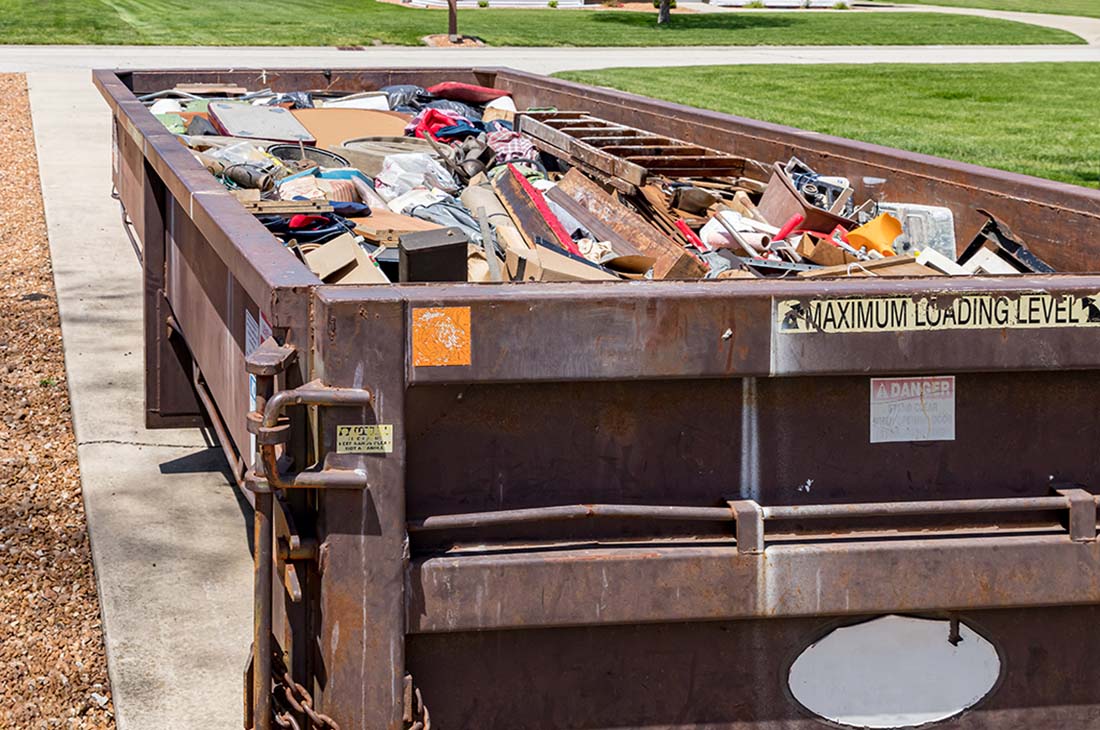How To Be Environment Friendly Disposing of Trash in Rental Dumpster
Being environmentally friendly when filling a rental dumpster involves mindful practices that minimize waste, promote recycling, and reduce the environmental impact of disposal activities.
Here are some strategies to consider:
1. Sort Waste Before Disposal
Recycle: Separate recyclable materials such as paper, cardboard, plastics, metals, and glass from non-recyclable waste. Many areas have recycling programs that can process these materials.
Compost: Organic waste like yard debris (leaves, grass clippings, and small branches) can often be composted, reducing the amount of waste sent to landfills.
2. Donate or Reuse
Furniture and Household Items: If in good condition, furniture, appliances, clothing, and other household items can be donated to local charities or offered to the community through online platforms.
Building Materials: Unused or gently used construction materials can be donated to organizations that specialize in building materials reuse or sold to recover some costs.
3. Choose the Right Dumpster Size
Selecting the appropriate dumpster size can prevent the need for multiple hauls and reduce the carbon footprint associated with transportation. It also avoids overloading, which can lead to additional fees and environmental hazards.
4. Avoid Prohibited Items
Hazardous waste, electronics, batteries, tires, and refrigerants often require special disposal methods due to their potential environmental impact. Properly disposing of these items through designated facilities or programs helps prevent soil and water contamination.
5. Maximize Space
Break down large items and distribute materials evenly to make the most of the dumpster’s capacity. This practice can reduce the number of trips the disposal company needs to make, consequently lowering emissions.
6. Use Environmentally Friendly Disposal Services
Look for rental companies that prioritize sustainable practices, such as recycling and responsible waste management. Some companies specifically advertise eco-friendly disposal methods.
7. Follow Local Regulations and Guidelines
Adhere to local waste management regulations and guidelines, which are designed to minimize environmental impact. This may involve separating certain types of waste or disposing of hazardous materials at designated facilities.
8. Educate Yourself and Others
Understanding the life cycle of various materials and the environmental impact of waste can inform more sustainable disposal practices. Sharing this knowledge with others can amplify positive environmental outcomes.
9. Consider the Timing of Your Rental
Efficiently planning your project can reduce the time you need the dumpster, which in turn minimizes the potential for waste materials to harm the environment while sitting in the dumpster.
By adopting these environmentally friendly practices, you can significantly reduce the negative impact of your project on the environment, promote recycling and reuse, and contribute to a more sustainable approach to waste management.
Here’s How to Rent a Dumpster
• Contact us about portable dumpster rentals by calling 334-271-6900 or sales@circlejroll-offsinc.com.
• Let us know your timeline and we’ll quote a simple 7-day flat rate with no hidden fees.
• Our portable dumpster rental includes delivery, pickup and waste disposal.
Questions about residential dumpster renting, we are experts in trash handling and are here to help you with your portable dumpster rental and your overall waste management needs.


